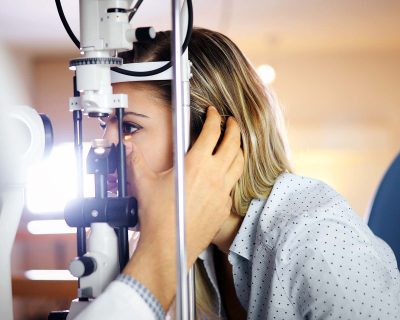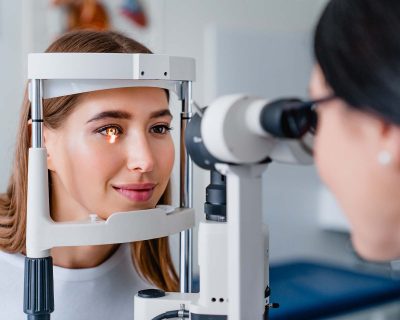
What Causes Eye Strain?
Eye strain is a mild eye condition, which consequently doesn’t call for much concern. Eyes, like every other part of our body, get tired from working excessively for any stretch of time. When we fix our eyes on an object, screen, or even on the road while driving for a prolonged period of time, we are more than likely going to experience some level of eyestrain. However, eyestrain can be treated by simply giving your eyes a break. If the strain is persistent you can ask for additional solutions from your optometrist.
Although Eyestrain doesn’t pose serious medical problems, it is advised that we avoid activities that may cause eyestrain, or at least take frequent breaks during these activities
Activities That Cause Eye Strain Include:
1. Excessive Screen Time
The number one cause of eyestrain in today’s world is our ever-expanding digital world and reliance on screens. Televisions, laptops, phones, and a plethora of other devices are stressing our eyes every day. Now that most people are working and completing school from home, screen time has increased significantly. Some employees now spend most of their day in front of a computer and on their smartphones. The light from these devices can be harmful to our eyes, thus causing eye strain. To reduce the harmful effect, always take a break from your gadgets. Also, maintain a good sitting distance between you and your screen.
2. Poor lighting
Reading in a dark room or with dim lighting will strain your eyes. It is advisable to read under sufficient lighting, with the light hanging above your head or facing the book. When we read under poor lightning, we strain our eyes to pick up information, and doing that over time can leave our eyes weak and tired. To avoid this strain, read during the day with plenty of natural lights. If you must read at night, make sure you’re reading with sufficient light.
3. Focusing on one activity for too long
Blinking is a healthy eye activity that helps to keep our eyes healthy. However, focusing on a single activity for too long prevents us from blinking as often as we should. For example, the driving forces us to blink less, thereby causing our eyes to dry as tears evaporate. If you’re hooked on an activity that forces you to concentrate for extended periods, then visit an optometrist to recommend a good eye drop.
4. Stress
Stress affects everyone, especially people working long hours. However, something that isn’t spoken about often is how stress affects our eyes. People who suffer from anxiety have reported suffering from eye strain during the day. Optometrists advise that we minimize our stress levels to improve the health of our eyes.
When it comes to eye care, the old adage ‘everything in moderation’ really holds true. Taking a break from work, watching TV, reading, or even driving to give your eyes a rest or even just a view of different scenery can make all the difference for the health of your eyes.




